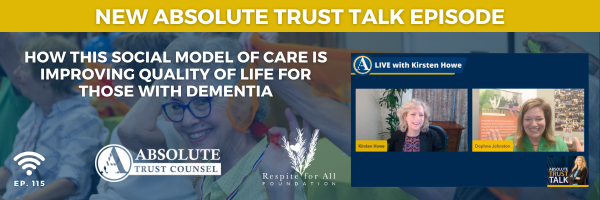
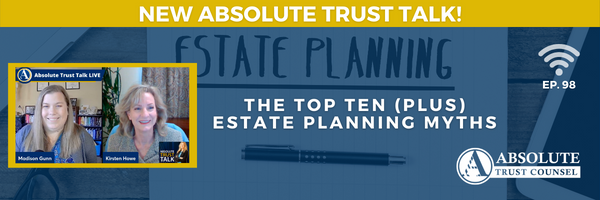
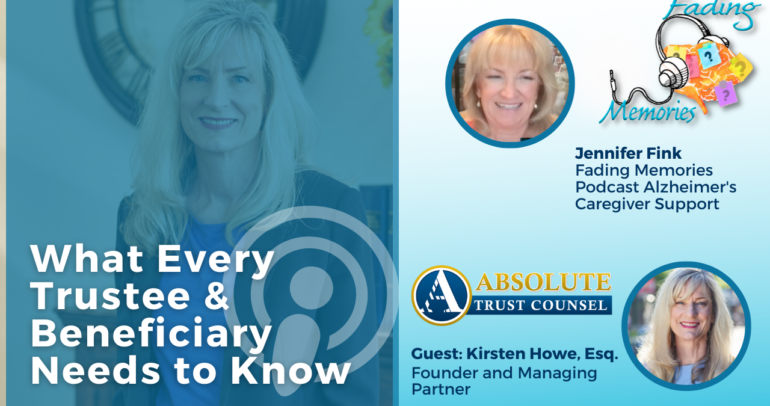
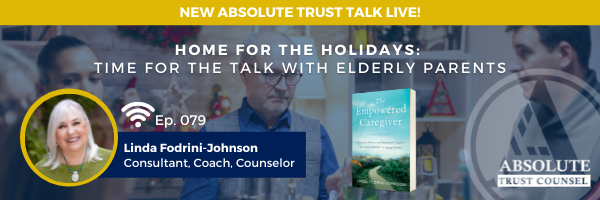
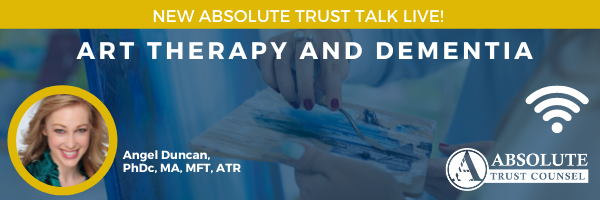
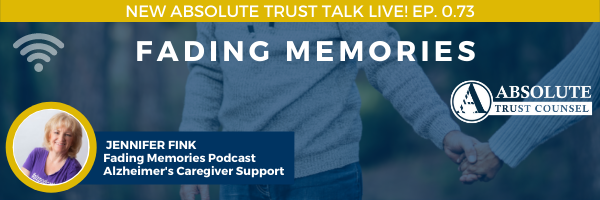
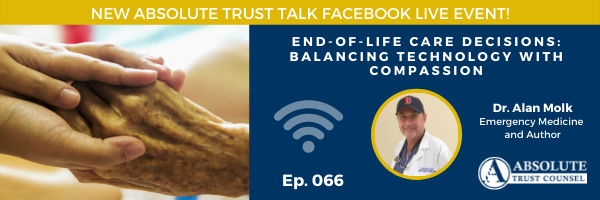
Big Three from Episode #066: Have end-of-life decision-making conversations as early as possible with your families, doctors, attorneys, spiritual advisors–all-important parties involved. End-of-life decision-making is about what the patient truly wants. Hospice and palliative care are not “death panels.” In fact, they have been shown to provide a better quality of life for the patient and family members. Time-stamped Show…
The California Department of Health Care Services recently announced new Medi-Cal resource numbers for 2021. In All County Welfare Directors Letter (ACWDL) 20-27 the Community Spouse Resource Allowance (CSRA) was increased to $130,380 and the Minimum Monthly Maintenance Needs Allowance (MMMNA) was increased to $3,260 for 2021. The CSRA is the amount of non-exempt assets that the spouse of a Medi-Cal applicant…
Estate planning is not just for seniors. Ideally, as soon as you turn eighteen you should have some version of an estate plan because your parents are no longer automatically able to make decisions or act on your behalf. There are several reasons to create a power of attorney for finances once you turn eighteen. For example, the military helps…
